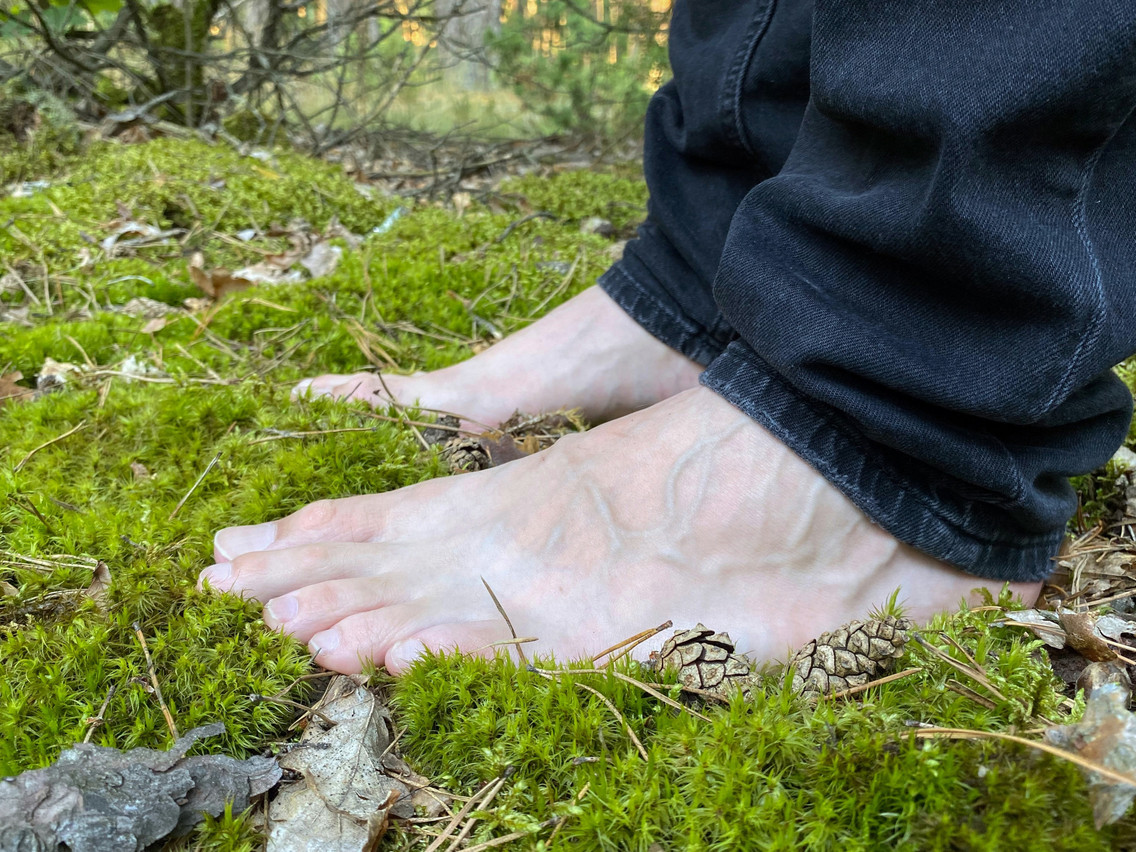Did you know that an hour-and-a-half walk in the forest helps to reduce anxiety and the risk of depression? And that when it lasts two consecutive hours, it helps to increase the activity of anti-cancer cells by around 50%? This benefit, which has already been the subject of has also been experienced by Hubert Massion: after a burnout, this former show-business lawyer experienced a (real) disconnection from nature and spent nine months in the forest. He then founded the University in Nature in Canada, now UNature, which aims to provide a space for reflection and experimentation to reconnect humans with nature. The ambition has also spread to Luxembourg, with the support of Raymond Schadeck and the creation of a sister organisation that acts as a European hub.
Fervent advocates of a “positive” approach, Raymond Schadeck and his daughter Julie, managing director, bring UNature’s work to life in Luxembourg, which on 21-24 May will host the fourth world conference Forests & Parks for Public Health with a high-level scientific programme alongside . “Our mission is also to bridge the gap between the scientific world and the general public,” says Julie, “especially as this is a subject that is not widely discussed, whether in schools, in governments--it’s not something that our doctors recommend to us when we’re ill. And the idea is to reimagine things a little, the speeches we always hear and try to change them a little to really push in the direction of nature.”
With society and capitalism, nature is seen more as a resource to be exploited.
Too obvious to be taken seriously? Yet nature is everywhere in people’s lives, and one feeds off the other. “But I think we live in a world where we are rather disconnected from nature,” says Julie. “We’ve established a way of life that’s no longer very close to nature and so I think we’ve somewhat forgotten this link with nature and what it can bring us. When we explain to people that going into nature helps them to feel better, to reduce stress, it can seem a little too easy. But that’s what research shows. But I think that with today’s society and capitalism, nature is seen more as a resource that can be exploited to make money. When we talk about nature in cities, we think first and foremost about the climate, temperatures and ultimately the economy.”
By raising awareness of nature’s positive contribution to each individual human, UNature is advocating a positive approach that should also encourage everyone to take action in the context of the climate emergency. “In our view, this could motivate people more to really get involved, to see that there is actually something in it for them personally,” says the managing director.
In Europe and in Luxembourg, there is still work to be done to take better account of the relationship between nature and health. “There are even countries where nature is prescribed, with a doctor prescribing two one-hour outings a week, for example,” says Julie. “This is done in Canada, for example. In Luxembourg, there are discussions. We have contacts with officials at the health ministry who are very open to this issue, particularly in the area of prevention, but we’re not exactly where we could be.”
Three concrete pieces of advice
The specialist gives three pieces of advice that everyone may be able to apply to start reconnecting with nature for the benefit of their health. “Depending on where you live and how close you are to nature, spending a moment every day outside, in a natural place, whether that’s 15 minutes or more depending on how much time you have, is a first step.”
At work, Julie advises putting a few natural elements on her desk. “It could be a piece of wood, a stone or something you’ve found in nature. If you want to take a break, picking up this object, looking at it, touching it and smelling it will disconnect you from your surroundings and stimulate your senses. You automatically think back to the context in which you found the object. It’s a moment of restoration that helps you feel good, it creates a bridge with nature.”
The specialist’s third piece of advice: stop taking lunch breaks at the office! “The lunch break is really an opportunity to get out and about. Even if you’re eating inside, you should try to take time to get out and walk around. If you have a fairly natural place that you like to go to, you can have fun observing how it changes over time. This helps you to become aware of everything that’s going on in nature and to reconnect with the natural cycle, with a dose of wonder. You discover new things every day that you didn’t see the day before. I think it’s also a lovely way to reconnect with nature.”
Find out more about , and of the conference.
This article in French.

